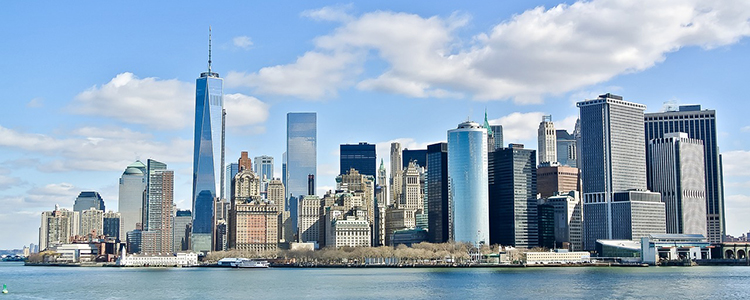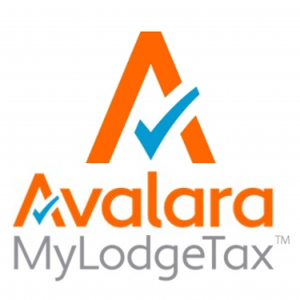Proposed legislation may help short-term rental hosts in New York
- Jan 10, 2018 | MyLodgeTax

A new bill introduced to the New York Senate would legalize and regulate short-term vacation rentals as well as enable New York City to collect lodging taxes on such rentals.
Senator John Bonacic introduced Senate Bill S7182, which would amend the state’s multiple-dwelling and tax laws. Currently, short-term rentals of fewer than 30 days are illegal in New York, unless the host is living on the property at the time of the rental.
A 2016 law also made it illegal to advertise short-term rentals on hosting platforms such as Airbnb. The proposed amendment would nullify that rule. The amendment would also require hosting platforms to provide information on rentals to the state.
Provisions include:
- Short-term rental operators would be required to register with the state. Registrations would be valid for two years.
- Hosts would be required to have $250,000 in insurance (which could be provided by the hosting platform).
- A rent-stabilized unit may only be rented out for short terms if the annual rent generated from short-term rentals is less than the annual legal rent for the unit.
- Rent-controlled units may not be offered up for short-term rentals.
- Hosts may not offer more than one Class A multiple-dwelling unit unless the units are at the same address.
- Hosting platforms would be required to create a complaint process that would be available 24 hours a day, seven days a week.
- Hosts would be required to collect lodging taxes on revenues from short-term rentals. Hosting platforms would be allowed to collect taxes on behalf of hosts.
The law, as it stands now, “fails to differentiate between illegal hotel operators and permanent residents who share their homes when they are away for the weekend or a vacation,” Bonacic said.
New York Assemblymember Linda Rosenthal opposes the proposed amendment and has “introduced legislation to require Airbnb and other platforms that allow [property listings] by illegal hotel operators to share information with cities that is critical to ensure public safety and protect affordable housing.”
Despite the current laws, Airbnb hosts generated $3.5 billion in total economic activity in the state in 2016, according to Airbnb. And, more than 2 million people stayed in Airbnb rentals in 2016, providing $5,400 in supplemental income for the typical host. Collecting taxes on short-term rentals could be a windfall for the state.
However, hosts must be aware that they’re responsible for collecting and remitting these taxes and must ensure that they’re filing returns correctly and on time to the various tax authorities. Even when rental listing platforms collect these taxes directly on behalf of hosts, they often collect only a portion of all taxes owed. The host remains responsible for any taxes the platform isn’t filing directly on their behalf.











